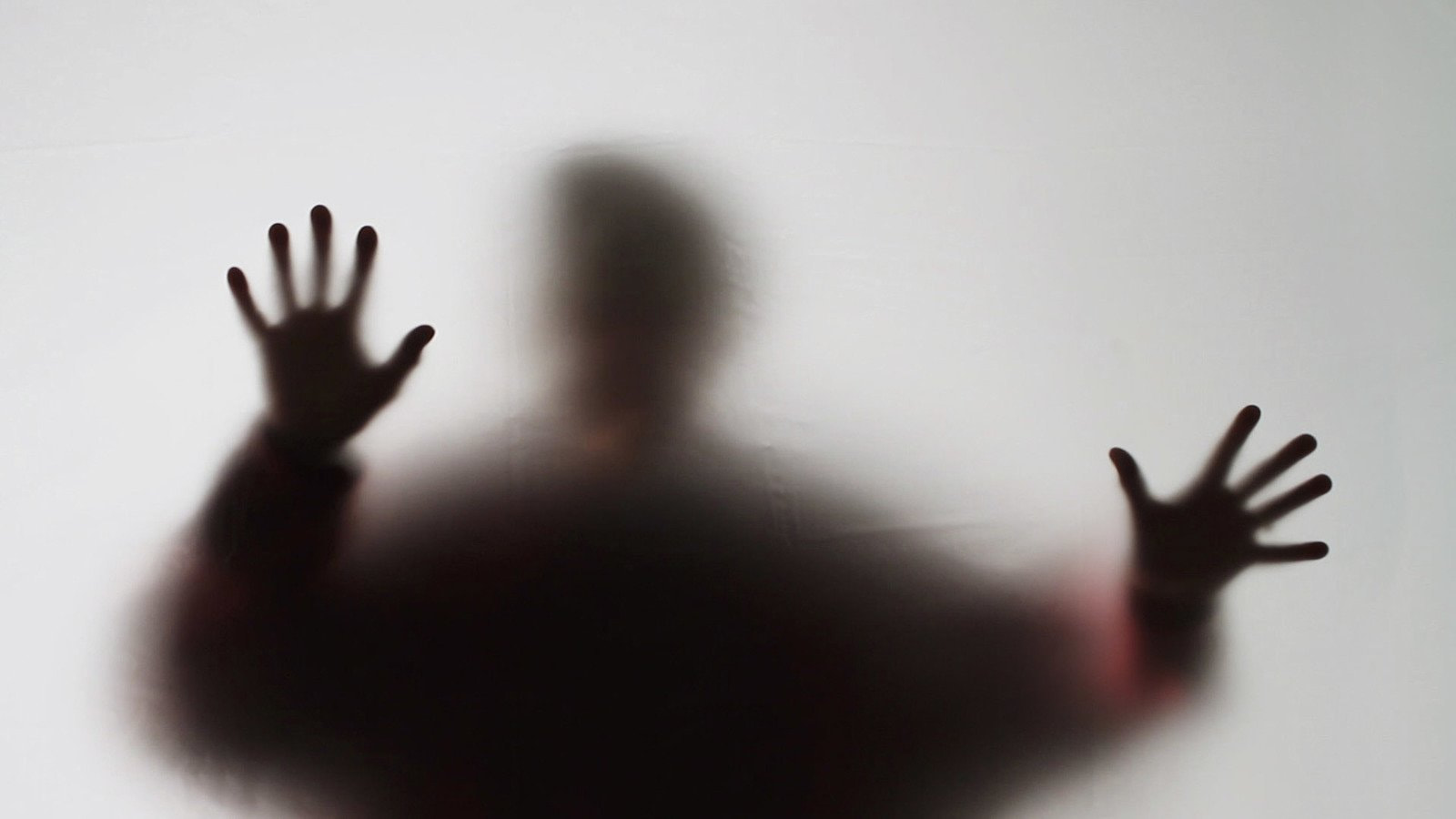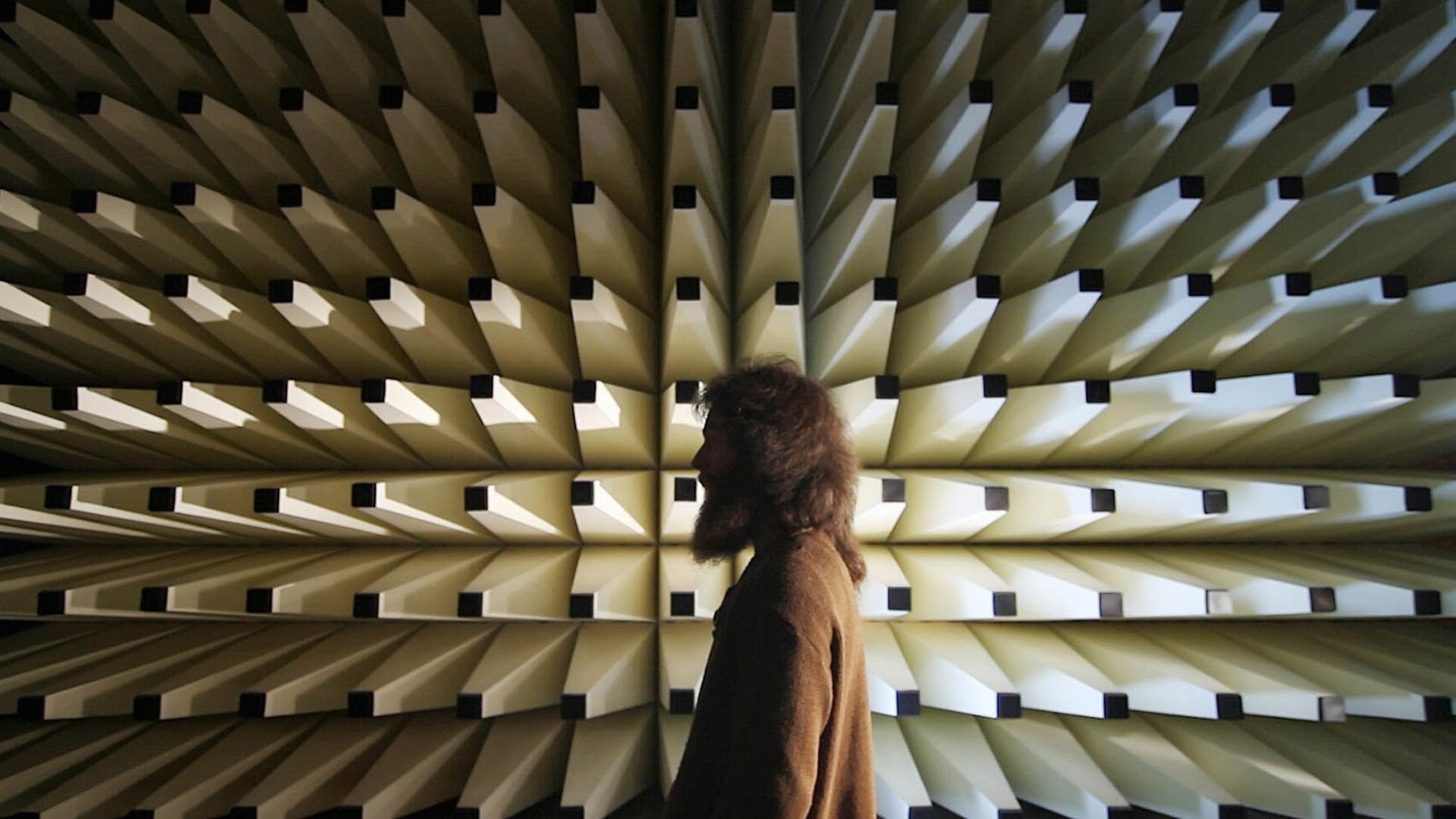Each of the three characters—a musician, a photographer and a painter—has a form of disability that has affected the very essence of their profession and vocation.
Erinnisse and Patryk Rebisz’s film is a fine example of an independent documentary addressing a delicate aspect of disability—self-awareness and opportunities for self-expression.
Enter the worlds of three artists who have lost the very sense defining their art. A photographer who is blind questions the power of images in today's visually saturated culture. Forced to give up his dream of playing music due to his advancing hearing loss, a musician must reinvent his future. A painter who lost half her brain in a boxing match searches for her place in life unsure of what she should be to the world. The film attempts to ask what it takes for someone to keep on going in times of uncertainty, and uses unique form to produce the answers.
After the screening, visitors are invited to take part in a Q&A session with one of the main characters Katie Dallam and director of the film, Erinnisse Rebisz.
“Shoulder The Lion”
Dir. Erinnisse Rebisz and Patryk Rebisz, 74 minutes, USA, Poland, 2015
12+

